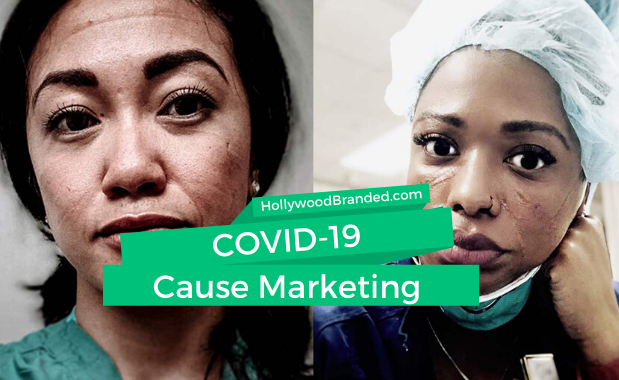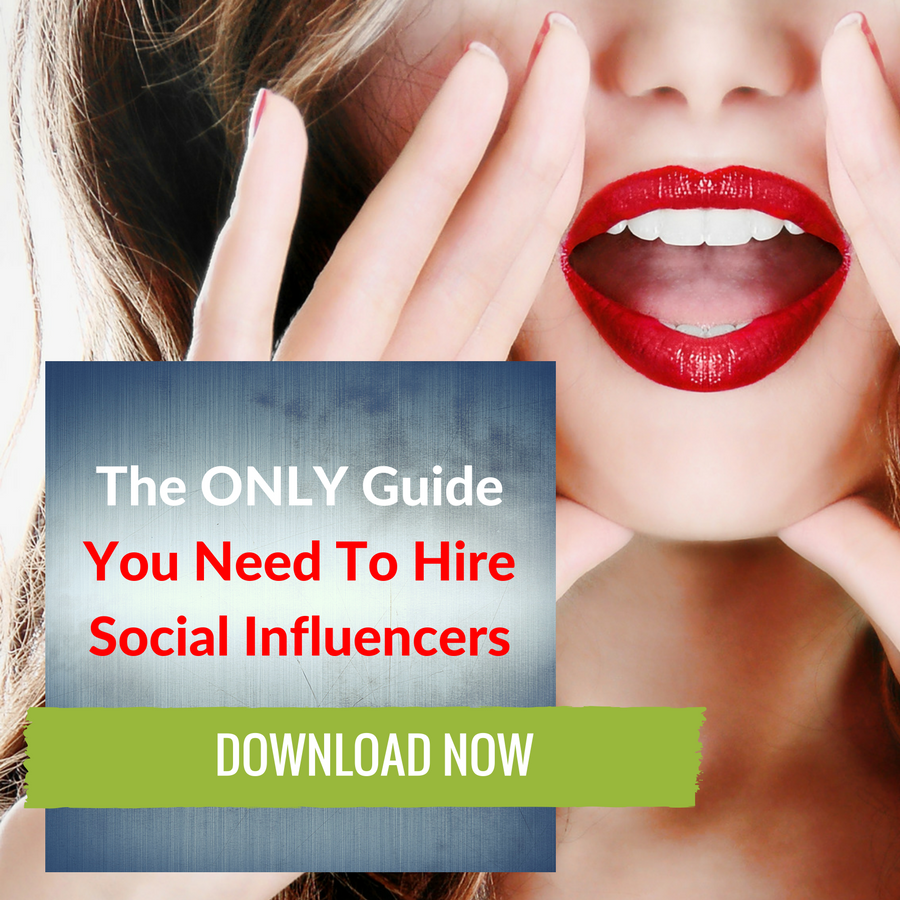Case Study: Covid-19 Cause Marketing By Brands
Table Of Contents
Ads In The Time of Corona
To say this is a strange time to be alive is certainly an understatement. Overnight, we went from a world of being a little more careful and not shaking hands to governments around the world issuing stay-at-home orders and requirements to wear masks in public if you must leave. This sudden change has left people with unease, fear, questions and a sense of loneliness.
How then do brand marketers continue to amplify messaging in a way that both resonates with the times but also doesn't feel like pandering? Enter a topic we've covered many times before: cause marketing. In this blog post, Hollywood Branded explores case studies of how major brand marketers like Frito-Lay and Dove have been responding to the COVID-19 through cause marketing.

Joining The Cause
When we think of Cause Marketing, typically we think political or social messaging that resonates with a consumer's demographics values. We would be remiss were we not to shout out the most famous case studies like Nike or Gillette, both of which we have written about multiple times. In both scenarios, the brands align with causes that many consider to be divisive. In fact, each ad was as volatile and frustrating to some consumers as it was resonating and sympathetic to others.

Today, should we line up each generation, millennials are most won over with cause marketing, followed by our younger sibling generation, Gen Z. Both generations respond best with advertising that appeals to their values and beliefs when it comes to general advertising. A friend of mine was never happier to purchase a new pair of Nikes as his running shoe than shortly after the infamous Kaepernick ad campaign. And why wouldn't he? He felt that his purchase was in some way in alignment with a good cause. Of course, there were also numerous reports in the media of people burning their Nike gear in protest of their ideology.

But what about during a national crisis, like say, a pandemic. Does cause marketing still work? And does that change which generations respond more strongly?
Based on the massive amount of cause marketing that is filling our airwaves - from talk shows promoting various ways brands are stepping up, to social media and TV ads helmed by brands to directly demonstrate the actions they are taking, many brands have found that yes, cause marketing is more effective than ever. And when the world is scary place, every generation will welcome a message of altruism.
Check out some of these fascinating marketing choices that brands have been implementing to maintain relevance during this surreal time.
Frito-Lay
Snack brand corporate Frito-Lay recently revealed a commercial unlike anything we've seen from them. Their latest ad, "It's About People" begins with the messaging “Things are hard right now. The world doesn’t need brands to tell us how to think or feel.” As the ad continues, it details the ways in which Frito-Lay has worked to sponsor important charity foundations in addition to creating over 3,00 new jobs - a messaging point that is sure to resonate during a time in which many have lost their job or been furloughed.
The ad goes on to say, “We’re not changing our logo. We’re not asking America to donate for us. This is not about brands. It's about people.”
Of course philanthropic commercials are a classic PR move, but this one's transparency has been a welcomed move during this climate we're living in. And it's a nice departure from much of the other messaging brands have been turning to.
Brands need to understand that to maintain success and relevance in this particular age, people don't want to be sold to right now - they want to be comforted. As tens of millions of Americans have been laid off due to COVID-19, when weary consumers are trying to enjoy one of the few pleasures of TV and streaming content, many are more pressed with how they will be able to find income to cover their basic standard of living and not thinking about what brand of chip they want buy. But you can be sure that when the world does feel normal and people can once again make a normal purchase at their grocery store - they will remember which brand resonated with them during the tough times.
Dove
The world's largest soap brand, Dove had to scrap their entire scheduled ad campaign simply because it didn't resonate anymore. In the midst of marketing their Real Beauty campaign about using their products to change how we think about beauty, the entire production came to a halt. The executive vice president of the global Dove brand commented, "I can’t be more passionate about Real Beauty and self-esteem. But sometimes even these conversations about beauty, however relevant they might have seemed a few months ago, now seem superficial.”
What then did they replace the ad with? Their new ad campaign: "Courage is beautiful."
Depicting healthcare workers faces, the campaign showcases how they've been marked by protective gear during the pandemic. The ad shifts gears to shed a light on recognizing the people who put their lives on the line to help others. The spot then goes on to continue to highlight and share that Dove's efforts are part of parent-company Unilever's commitment to donating $108 million in supplies and cash, including 200,000 face masks to New Jersey last month.
Conclusion
- Amplify Your Brand Through Cause Marketing
- Cause Related Marketing Campaigns Getting The Celebrity Treatment
- Sofia Vergara Launches New Celebrity Brand For A Great Cause
- Brands Influencing Social Change
- How Red Nose Day Uses Power Of Celebrity Endorsements For A Good Cause
Another way for brands to utilize cause marketing is through partnering with the right philanthropic influencers. Check out our free user's guidebook to connecting with the best influencer for your brand.









